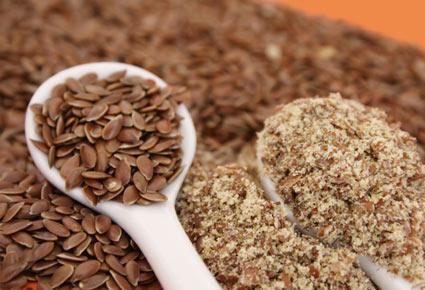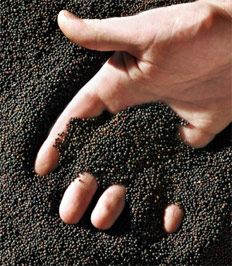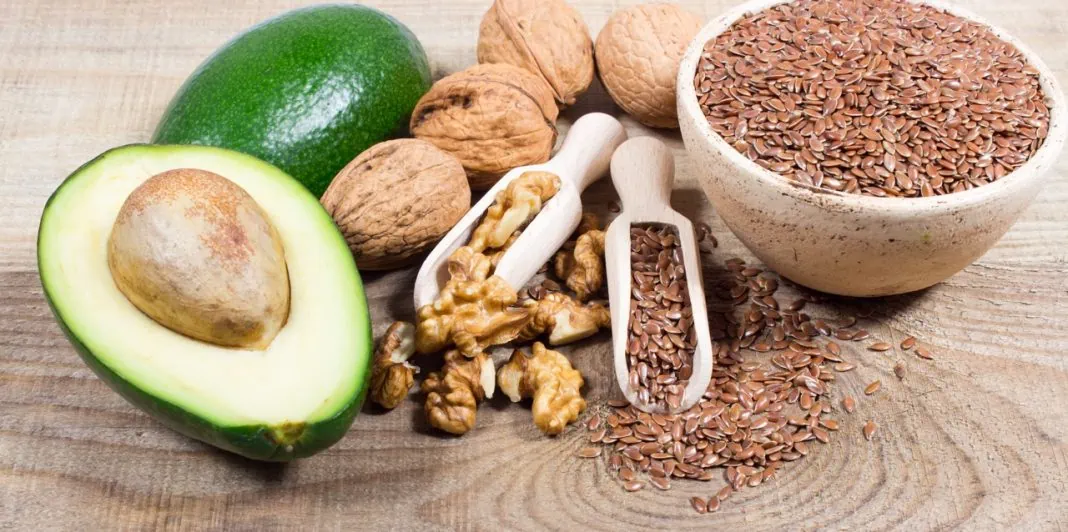Fish is known to be one of the most important sources of Omega 3 fatty acids, which are very important for sustaining a normal metabolism. In fact, the story is not so simple: there are three types of Omega 3 fatty acids: ALA (alpha-linolenic acid, found in plant oils), EPA (eicosapentaenoic acid, found in fish and certain types of seaweed), and DHA (docosahexaenoic acid, also found in fish and marine plants).
The role of Omega 3 fatty acids
Firstly, of the three types, DHA is the most crucial for the human organism: it is a primary component of the brain, cerebral cortex, skin, retina, testicles, and sperm. The human body cannot produce it by itself; it has to be synthesized from ALA or consumed directly. Sadly, the process is not direct: first, ALA is used by the organism to produce EPA, and then from EPA, DHA is synthesized. Obviously, the absorption of DHA is much more efficient when consumed directly, and its production from ALA and EPA can be impaired by age.
Even so, regularly consuming vegetable sources of ALA comes with great health benefits despite the not-so-effective synthesis process of DHA.

Vegetables rich in Omega 3
Flax seeds and flax oil
Flax seeds are one of the richest sources of Omega 3 and can be easily added to many types of foods, such as yogurt, vegetable stews, and cereals.
Chia seeds
These seeds are another great source of ALA fatty acids that can be easily mixed with salads, dips, and other foods.

Hemp seeds and rapeseeds
These are two seeds that can give you plenty of Omega 3 fatty acids on regular consumption. Hemp seeds are also a great choice for individuals with gluten intolerance and are also boasting high levels of calcium and minerals.
Perilla Oil
Perilla is an herb related to mint widely used in the cuisine of Japan, China, Korea and other Asian countries. Perilla oil, derived from perilla seeds, is an oil that contains 50%-60% ALA.
Soybeans
Besides being an important source of complete protein for vegetarians, soybeans contain a significant amount of ALA. Even if you don’t like soybeans too much, you can use soybean oil as cooking oil and still get a respectable amount of Omega-3 fatty acids.
